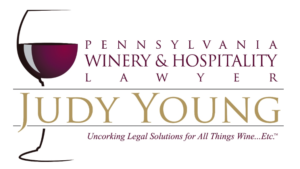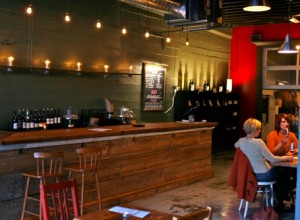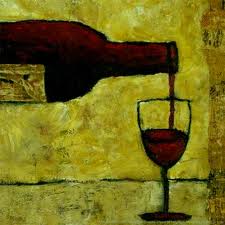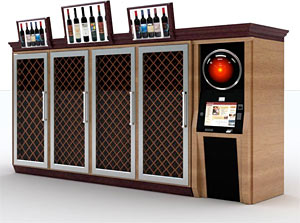Pennsylvania Wine Shipment Legislation Gains Momentum
On March 28, the Pennsylvania State Senate unanimously passed 48-0, Senate Bill 790 which would allow consumers to have domestic wines from U.S. wineries shipped directly to their homes in the state. Under the legislation, consumers would be allowed to purchase by phone, mail or internet as many as 24 domestic wines per month. However, for those residents interested in purchasing imported wines, Pennsylvania residents would still be required to continue to obtain imported wine purchases from the 620 state owned/controlled liquor stores.
Under the bill, consumers would be required to verify their age and sign for shipments. Wineries would be required to collect taxes prior to shipping and to pay a $100 state registration fee annually along with reporting requirements to the Pennsylvania Liquor Control Board.
Pennsylvania is one of 14 states that restricts the shipping of wine to its residents. The State’s ban on direct shipment of wine has been a long standing concern integral to the wider debate on the future of the Pennsylvania’s state-controlled liquor store system. While proponents of the bill believe the legislation offers Pennsylvania residents a bit more liquor freedom while bolstering state revenue, Senator Lawrence M. Farnese Jr. D-Philadelphia, a co-sponsor of the bill voiced his disappointment arguing that late surfacing amendments to the bill shuts out “90 percent of the world’s wine” from French, German, Australian and other imports thus “giving the people of Pennsylvania less that what they should be getting”.
The Pennsylvania Liquor Control Board is the largest purchased of wine and spirits in the United States with sales topping $1.9 billion.

 Problem. Perhaps your real calling is that you’re a city dwelling vintner. Besides, the grapes only care about where they are grown and not where they are crushed. With that in mind, have you considered that maybe there is an Urban Winery in your future? If so, your time is now. Advances in both technology and transport are on your side. Today, there is a growing recognition that you really don’t have to have the dirt to start your own Urban Winery. Instead, your grapes can be grown in a remote location with you transporting them to your urban facility for crushing, fermenting, and aging.
Problem. Perhaps your real calling is that you’re a city dwelling vintner. Besides, the grapes only care about where they are grown and not where they are crushed. With that in mind, have you considered that maybe there is an Urban Winery in your future? If so, your time is now. Advances in both technology and transport are on your side. Today, there is a growing recognition that you really don’t have to have the dirt to start your own Urban Winery. Instead, your grapes can be grown in a remote location with you transporting them to your urban facility for crushing, fermenting, and aging.
 Mike Turzai has introduced a bill to privatize the state’s liquor system proposing the sale of liquor licenses wherein supermarkets would be able to purchase licenses and sell wine to its customers. Alternatively, the PLCB initially envisioned the wine kiosks program as a way to implement modernization into the state’s liquor control system. Meanwhile as the turf battles continue in the industry, some of us are still looking for ways to “eat local” and “drink local”. Now what say you?
Mike Turzai has introduced a bill to privatize the state’s liquor system proposing the sale of liquor licenses wherein supermarkets would be able to purchase licenses and sell wine to its customers. Alternatively, the PLCB initially envisioned the wine kiosks program as a way to implement modernization into the state’s liquor control system. Meanwhile as the turf battles continue in the industry, some of us are still looking for ways to “eat local” and “drink local”. Now what say you?